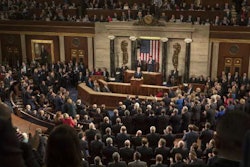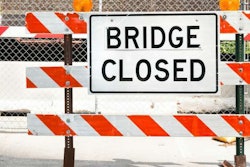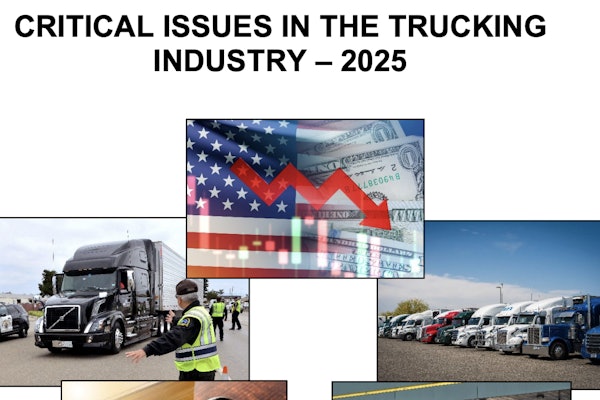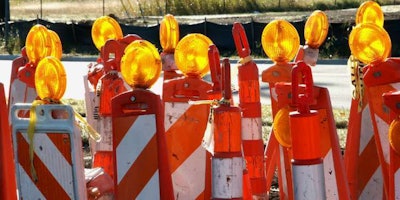
A document said to be a draft of the Trump administration’s long-delayed plan for funding infrastructure improvements was leaked to the media Monday drawing concerns that it relies heavily on tolls and other private funding sources.
The use of tolls has been a sore spot in the past, and Monday’s leak triggered renewed opposition.
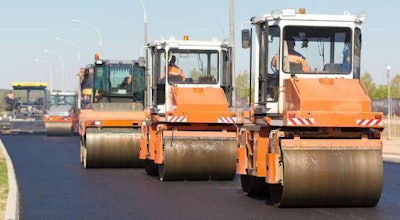
“As an industry that depends on the efficient movement of motorists and goods along the interstate highway system, we understand that infrastructure is the key to a strong U.S. economy, said Mullings. “It is therefore imperative that the federal government maintain its strong national role in infrastructure development, and not relinquish its responsibility to the states or the private sector. We urge the administration to refrain from widespread tolling of America’s infrastructure and the commercialization of interstate rest areas.”
While it praised Trump for taking up the cause of what it called “our nation’s infrastructure crisis,” the American Trucking Associations also expressed concerns about funding improvements with tolls.
“We commend President Trump for addressing our nation’s infrastructure crisis and making it a top priority of his presidency,” said ATA President Chris Spear. “As we’ve said before, we have serious concerns about the unintended consequences of tolls, including their inefficiency, disruption to traffic flows, diversion to secondary roads and negative impact on local economies, to name a few.
Spear said rebuilding the nation’s infrastructure “requires a sustainable, long-term funding solution” and said ATA has proposed the Build America Fund, which he said will generate $340 billion to repair roads and bridges.
In testimony before Congress last month, Spear said the fund would be supported with a new, indexed, 20 cent per gallon fee built into the price of transportation fuels collected at the terminal rack. He said it would generate nearly $340 billion over the first 10 years.
The Alliance for Toll-Free Interstates issued a statement Monday that said, “Tolls are simply a new tax. They are wildly inefficient, sacrificing money that could go toward construction instead going to corporate profits and administrative costs. In addition to the diversion onto secondary roads which causes congestion and public safety issues, tolls will do unimaginable harm to businesses, as shipping and manufacturing prices skyrocket to account for these new costs. It would take money from hardworking Americans and give huge profits to toll road investors – many of which are foreign companies.”
The document shows responsibility for would fall to the states and private investors to fund infrastructure projects, rather than on the federal government, where it has been since the founding of the U.S. highway system.
Incentivized grants, as the document calls them, will be the main funding source for infrastructure projects, according to the document. Such incentives would “encourage state, local and private investment in core infrastructure by providing incentives in the form of grants.”
Just recently, the U.S. Chamber of Commerce suggested the federal gas tax be raised by 25 cents per gallon to help pay for upgrading U.S. roads, bridges and other infrastructure. That tax has not been raised since 1993.






